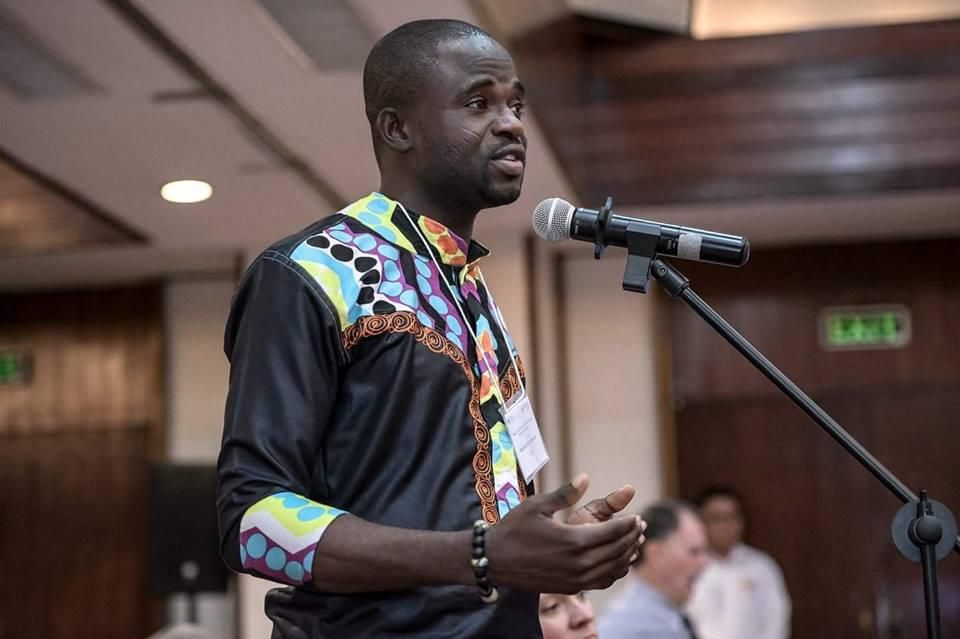Manasseh Azure Awuni issues retraction and apology to Ibrahim Mahama
)
The book, which delves into various socio-political issues in Ghana, reportedly contains references to Mahama that the businessman finds highly objectionable.
In a post on X, Manasseh acknowledged an oversight regarding information pertaining to Ibrahim Mahama's involvement in a debt associated with the Universal Merchant Bank (UMB).
In the book, Manasseh discussed the banking crisis that unfolded under President Nana Addo Dankwa Akufo-Addo's administration, highlighting how certain banks were salvaged from potential collapse.

While providing background on UMB and the circumstances surrounding its acquisition in 2013, Manasseh referenced a controversy involving a significant debt attributed to Ibrahim Mahama.
According to the author, FirstRand Bank of South Africa was said to be willing to pay GH¢176million for 75% of Merchant Bank's shares, while Fortiz offered only GH¢90million for 90% of the shares in the state-owned bank.
However, upon review from Mahama's legal representatives, it has been clarified that the $28 million debt in question was owed by Engineers and Planners Company Limited, a legal entity founded by Mahama, and not by Mahama in his personal capacity.
Ibrahim Mahama issued a stern warning of impending legal action against the investigative journalist following claims of defamation in Azure's latest book.
In a strongly-worded statement released by Mahama's legal team, the businessman expressed his deep displeasure with the book's portrayal of him.
In a letter from his solicitor, Mahama demanded an immediate retraction of the publication and an unqualified apology from Awuni.

Acknowledging the oversight, Manasseh stated:
"I retract the said reference to Ibrahim Mahama as the debtor and apologise for any adverse effect that may have been occasioned by said publication. It was a genuine oversight, which I am taking immediate steps to correct in the online version of the book and in subsequent reprints."
The journalist emphasised his commitment to accuracy and integrity in his work, expressing regret for any misunderstandings or reputational harm that the misstatement may have caused to Mahama.
Manasseh has pledged to promptly amend the erroneous information in all digital versions of his book and ensure that future print editions reflect the corrected facts.
)
)
)
)
)
)
)
)
)
)
)
,fit(112:112))
,fit(112:112))
,fit(112:112))
,fit(112:112))
)